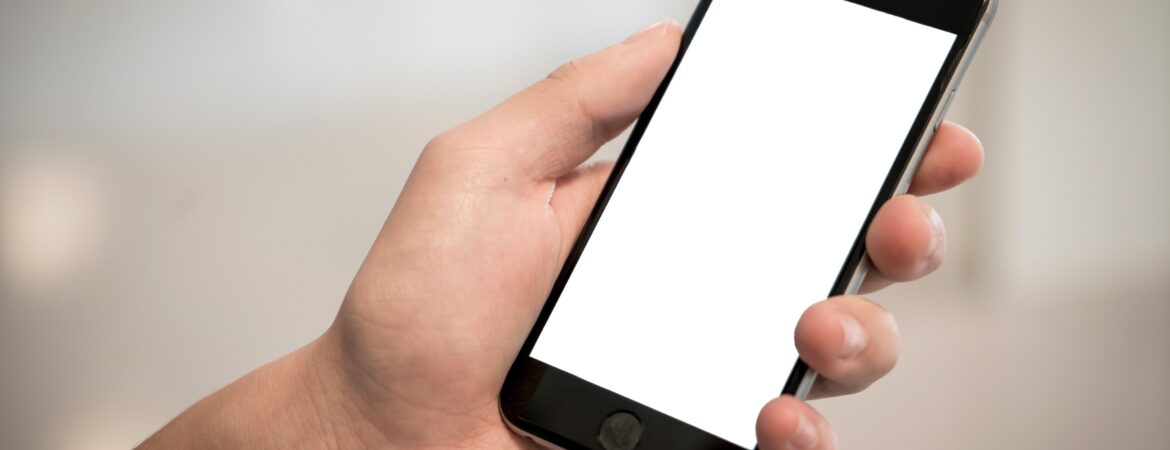
Legal experts are calling for downblousing to be made a criminal offence in England and Wales.
These calls come three years after ‘upskirting’ (covertly taking photographs under someone’s clothes without their consent) became a criminal offence in England and Wales. If the campaign is successful and the new laws come into force in England and Wales, it will not only make taking photos down a person’s top without their consent illegal, but also intimate image abuse and revenge porn.
In addition, it has also been recommended that ‘deepfakes’ – pornographic images and videos in which the original faces are replaced with somebody else’s without their consent – are also made illegal.
What is downblousing?
Downblousing is the act of taking photos down a woman’s top without their consent.
While upskirting has been made an offence it is felt much more needs to be done to tackle intimate image abuse in the smartphone era. It is increasingly clear the current “patchwork of criminal offences” has not kept pace with how the use – or, rather, misuse – of technology is evolving.
Professor Penney Lewis, the law commissioner for criminal law, agrees:
“Sharing intimate images of a person without their consent can be incredibly distressing and harmful for victims, with the experience often scarring them for life. Current laws on taking or sharing sexual or nude images of someone without their consent are inconsistent, based on a narrow set of motivations and do not go far enough to cover disturbing and abusive new behaviours born in the smartphone era.”
Instant access to technology means images can be shared at a speed and with a reach none of us would have imagined only a few years ago. Meanwhile, access to increasingly sophisticated and often free editing platforms means images can be easily manipulated either by replacing faces or by ‘nudifying’ the original images.
As it stands, the gaps in the law allow perpetrators to evade prosecution for certain actions, actions that are causing their victims enormous distress and long-term harm.
The key proposals put forward to plug these gaps are:
- It will become an offence for someone to intentionally take or share an intimate image of a person without their consent, regardless of the perpetrator’s motivation. This will carry a maximum sentence of six months’ imprisonment.
- Taking or sharing an intimate image without consent to obtain sexual gratification, causing humiliation, alarm or distress, threatening to share an intimate image or installing hidden equipment will all carry a maximum sentence of two to three years’ imprisonment.
What are the current laws in England and Wales?
Today acts like upskirting and voyeurism are criminal offences. It is, however, recognised that with increases in related abusive behaviours, the laws need to be extended further.
The law has already been strengthened in Northern Ireland as the Northern Irish Justice Minister Naomi Long explains:
“New offences have been created for upskirting, downblousing and cyber-flashing where those convicted will be liable to a maximum of two years’ imprisonment. I believe these new provisions will offer greater protection in Northern Ireland and that it will have a real, tangible and positive effect for victims.”
Upskirting has been banned in Scotland since 2010. The Sexual Offences (Scotland) Act 2009 was amended to make upskirting an offence and to broaden the definition of voyeurism. These amendments appear to have worked. Prosecutions of the crime in Scotland have remained low – three per year on average between 2011 and 2018 – since the law came into force.
The calls have been backed by two high profile victims of image abuse, Emily Hunt and
Folami Prehaye.
Both are now active campaigners for change and Folami has founded the group Victims of Image Crime. She told the BBC:
“As someone who has first-hand experience, I felt it important for any new suggested changes to take on board the voices of those who have fought for justice. My hope is that the Law Commission has covered ‘threats to share’, anonymity for all experiencers and the need for them not to prove intent.”
If you are involved in a case of image abuse and require the assistance of our specialist criminal barristers, please contact us today.
Leave A Comment